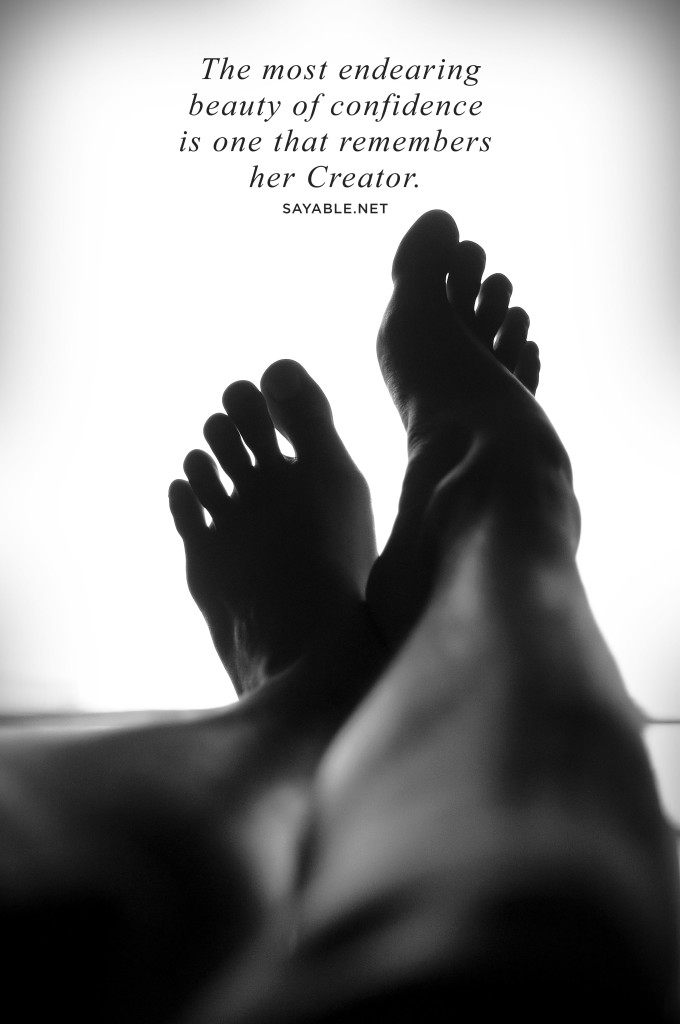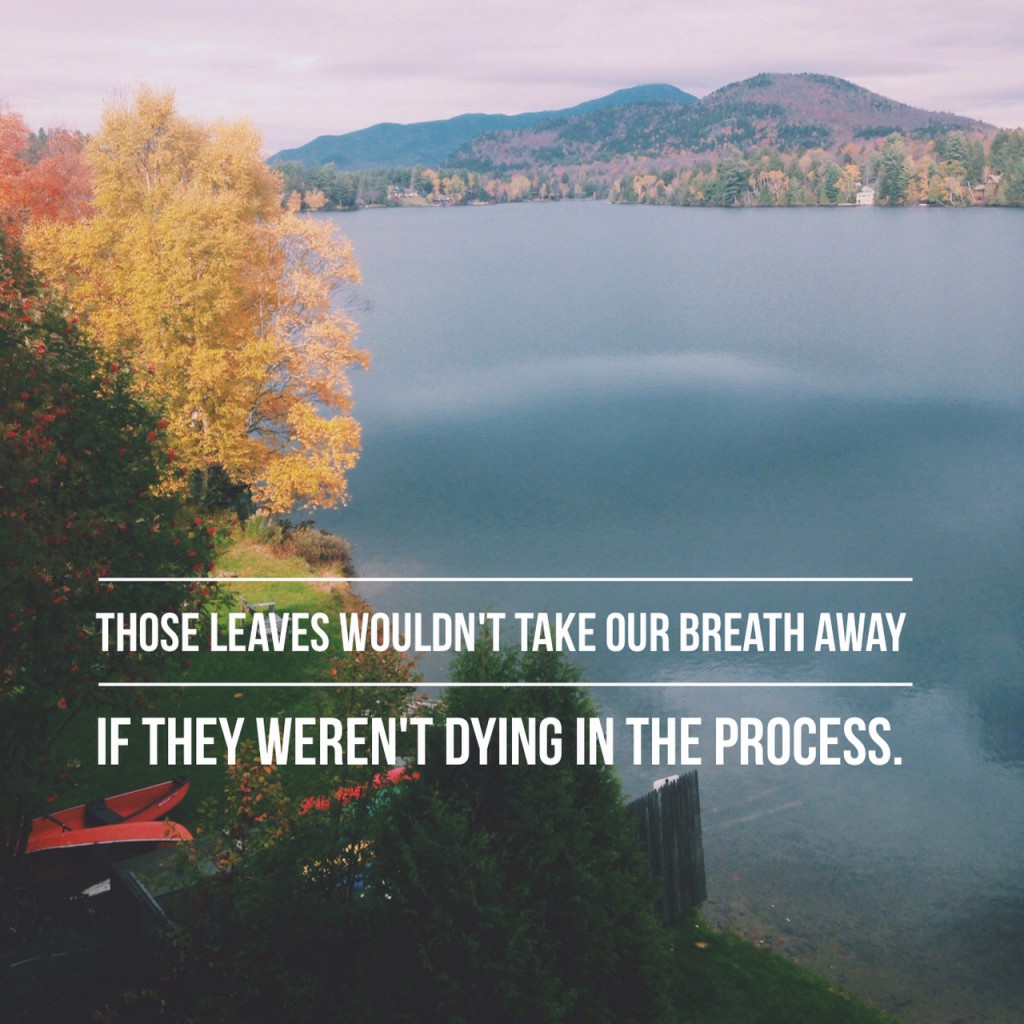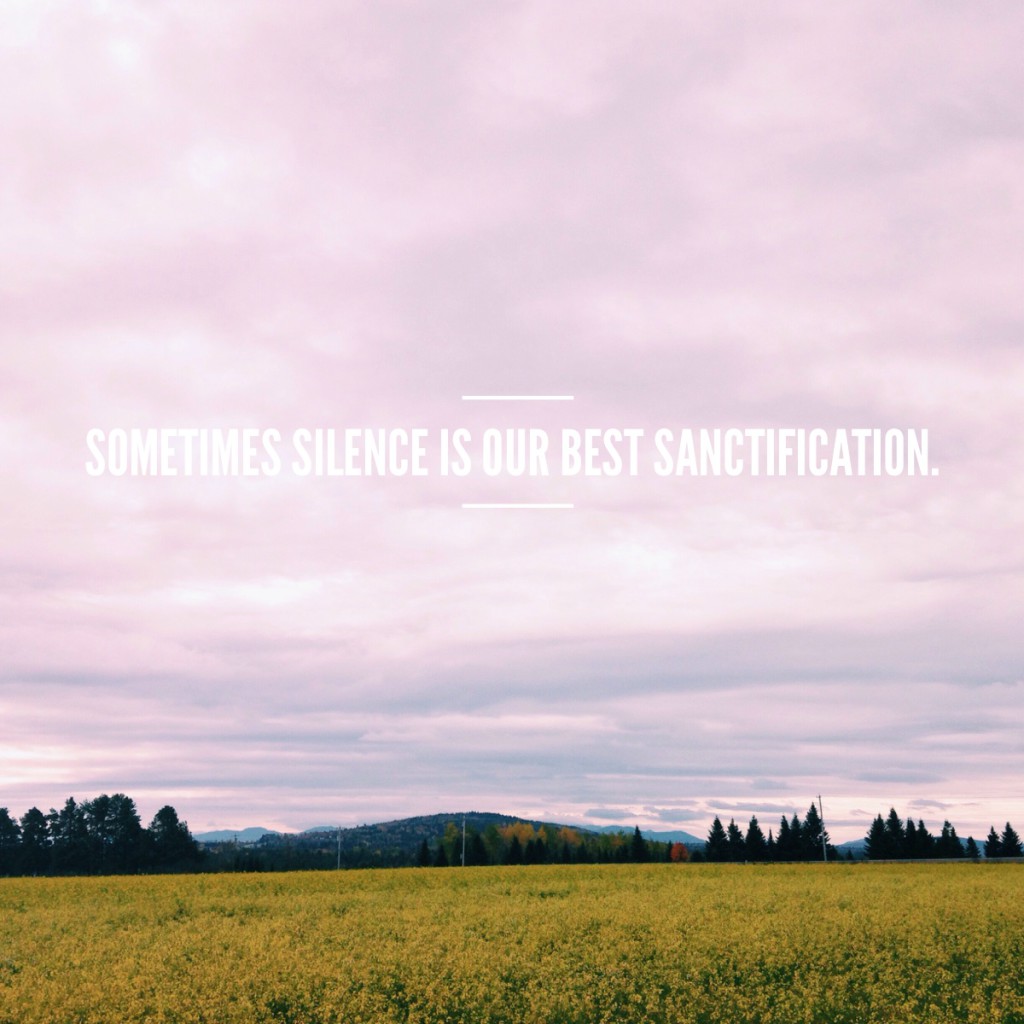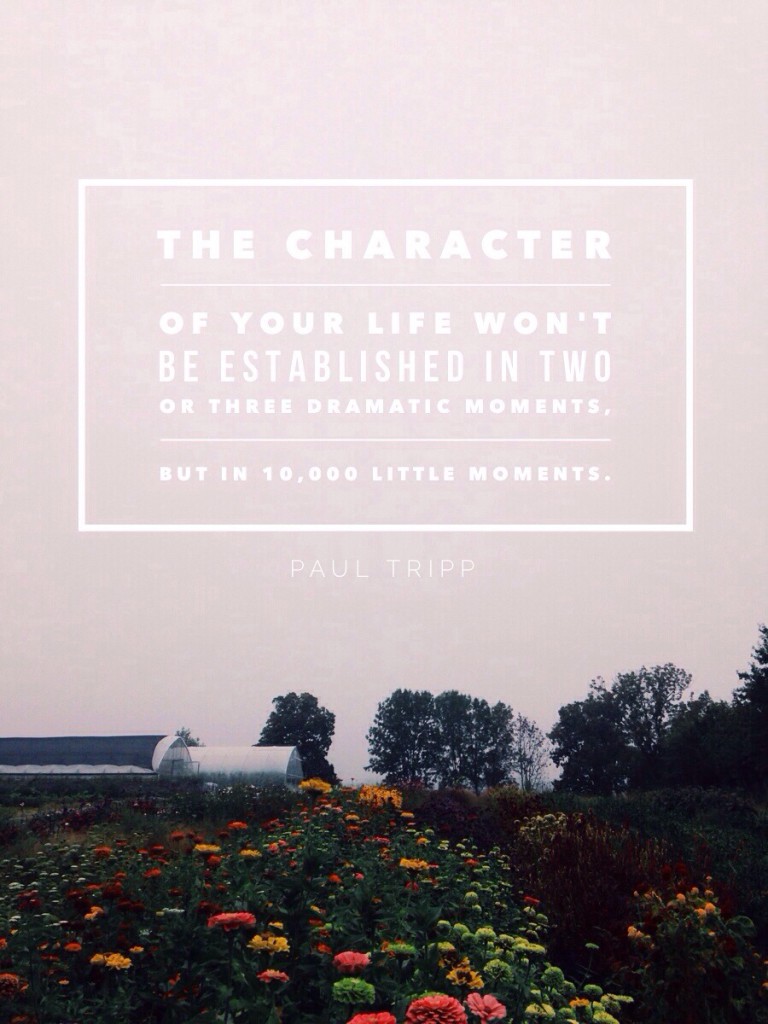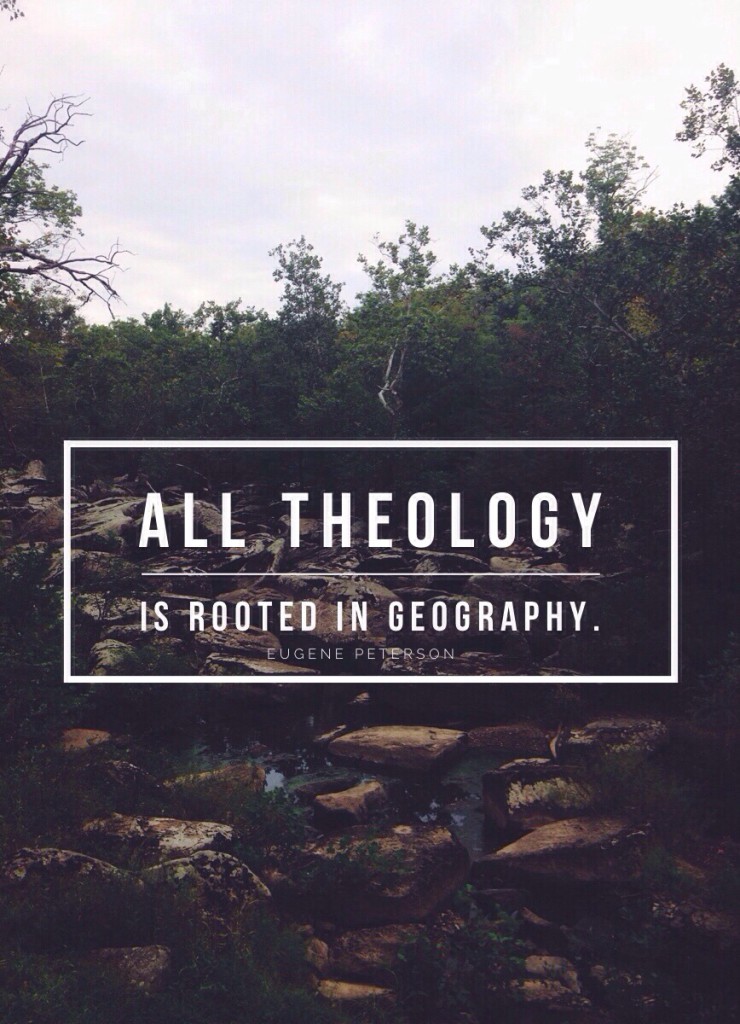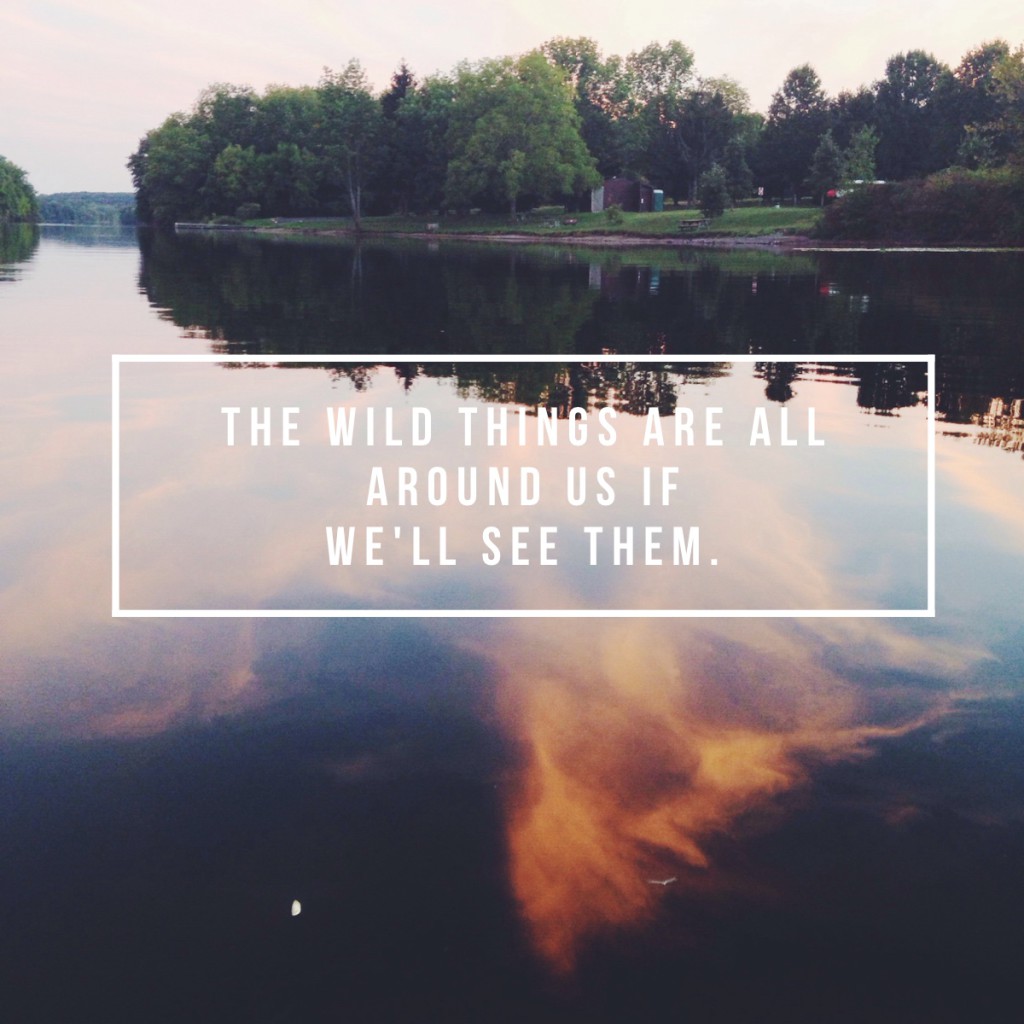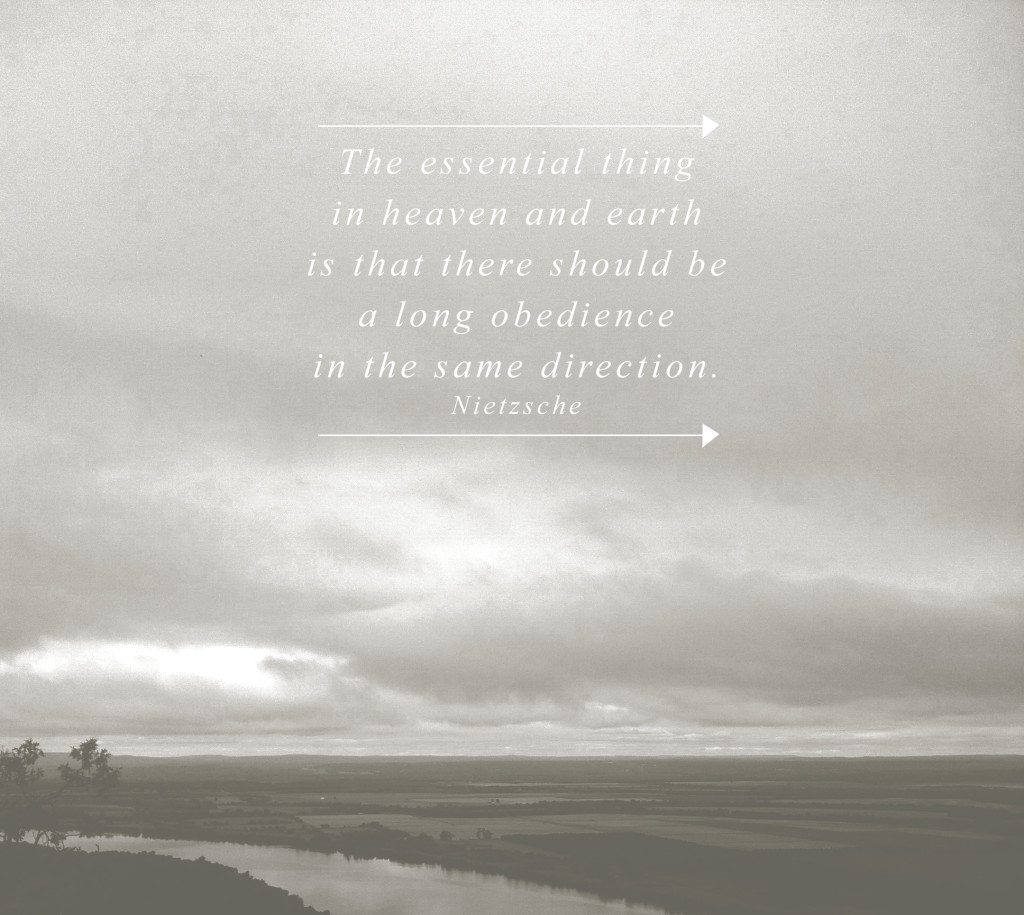Looking for Love in all the Right Places
Look right at me, my pastor says in every sermon at least once. Look right at me.
. . .
Here is what I know about looking:
When I was young, rebellious and caustic, rolling my eyes at my parents at age 10 and sneering at them by age 15, they would say, "Look at me when I'm talking to you," and I felt seen, exposed.
I knew I was already seen and exposed, but I felt it. I felt it when I saw their disappointment or disapproval or anger at me. When I saw it in their eyes. I felt that. I felt every weight and every sin and every bit of my flesh rolled up and held in their parental gaze. And I looked away. I could not hold that look for long, my sin was too great, their anger too heavy.
. . .
When I meet someone, I am desperate for them to know I come in peace, a white flag flown above my head, no judgement, no notions, just me, simple, honest. I am not correcting their grammar or parsing their theology. I am not gathering ammunition for a future war. I look them in the eye, hold their gaze.
Once a week, sometimes more, someone tells me my eyes are intense, piercing into their soul. I feel ashamed of my eyes in those moments, not grateful for them. They are so blue, people say, and I can't know my own eyes, but so blue eyes in others seem to see straight through—and I see nothing straight through.
I love that you look me in the eye, a friend said. So many people, they look away, but you don't. You look.
But that's when I look down, because the truth is I will look at you until you speak something beautiful and true, or difficult and true, and then the beauty is too much for my eyes to hold.
. . .
I am thinking about God today and how He keeps watch. He looks. He holds our gaze when we cannot because we are ashamed or fear-filled or angry. He looks when we are sad or tired or frustrated. He looks.
And more than that, and I am just getting this, He wants us to look right at Him too. The fullness of us looking right at the fullness of Him.
Do you know what I feel when my pastor says, "Look right at me?"
I feel loved. I feel seen. I feel known. I feel like he's saying, "Hey, look at me and let's look at the Father together."
God, help me look at people today, not so that they look back at me, but so that we look at You.


